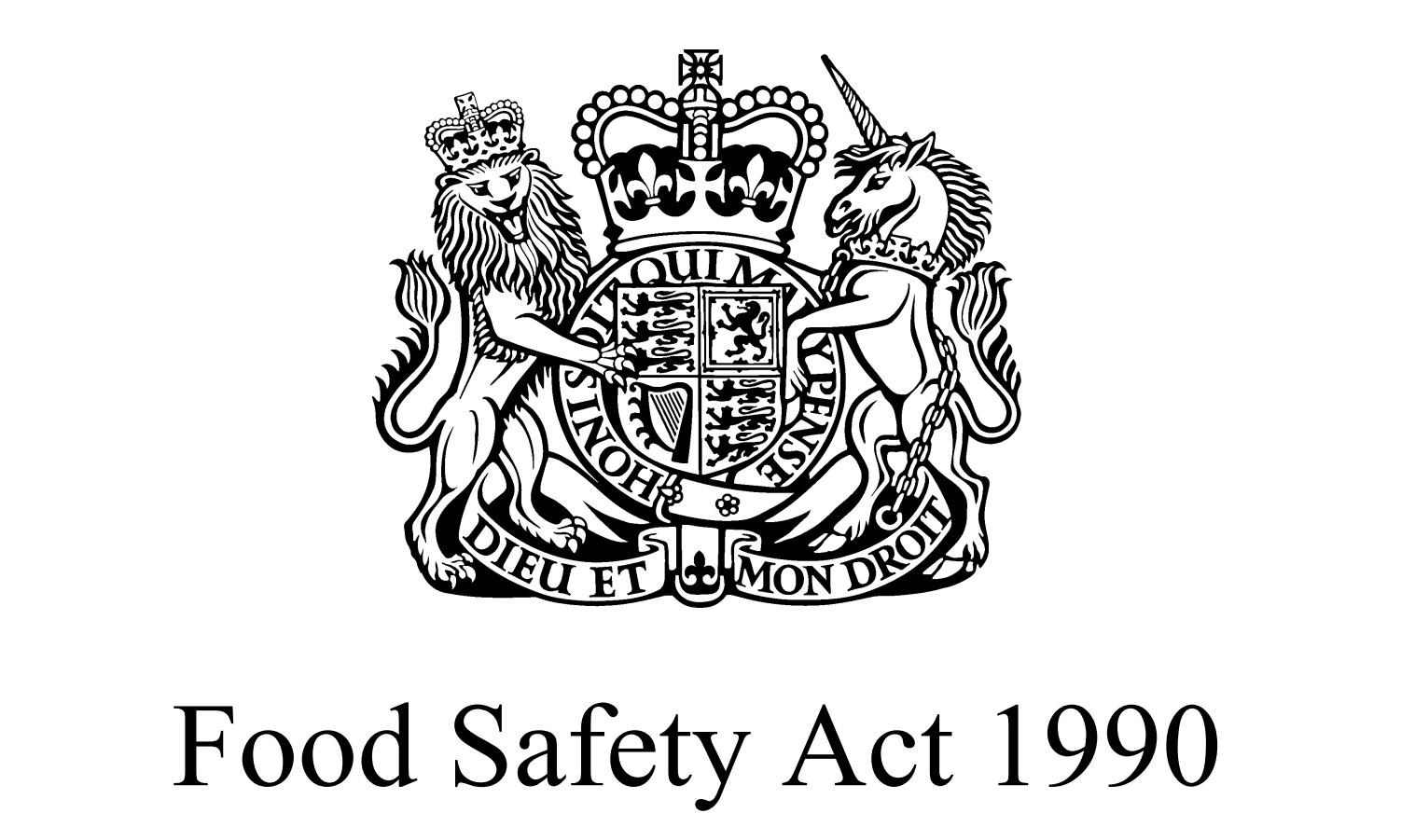Food Safety Guidelines For Your Ice Machine
In the UK, ice is classified as food, and as such, it’s subject to the food safety guidelines set by the Food Standards Agency (FSA). Not keeping up with the maintenance and cleaning of ice machines, water and ice dispensers and ice storage bins can lead to violations of these food safety guidelines, potentially jeopardising the health and safety of consumers. In this blog, we’ll look into the reasons why regular cleaning is essential, the FSA policies that apply, and the consequences of non-compliance.
Understanding The Classification Of Ice As Food
The Food Safety Act 1990 classes food as “any substance or product, whether processed, partially processed or unprocessed, intended to be, or reasonably expected to be ingested by humans. ‘Food’ includes drink, chewing gum and any substance, including water, intentionally incorporated into the food during its manufacture, preparation or treatment.
Ice is frequently used to chill drinks, keep food cool, preserve perishable items, and enhance the overall dining experience. As such, it’s considered an integral part of the food service industry. By classifying ice as food, regulatory bodies such as The Food Standards Agency (FAS) aim to ensure that it’s produced, stored, and served in a manner that meets the same hygiene and food safety guidelines as other consumable items.
Food Safety Guidelines – The Food Standards Agency
The FSA emphasises that ice should be treated as a food product and handled with the same level of care and attention as other food items. This means that ice should be produced, stored, and served in a manner that minimises the risk of contamination and ensures its safety for consumption.
Some key food safety guidelines for handling ice, based on industry best practices, include:
Hygienic production: Ice should be produced using clean and potable water. The ice-making machine and its components should be regularly cleaned and sanitised to prevent the growth of bacteria or other contaminants.
Storage: Ice should be stored in clean and covered containers or ice bins to protect it from potential contamination. It is important to avoid storing ice in direct contact with other food items to prevent cross-contamination.
Handling: Ice should be handled using clean utensils, such as ice scoops or tongs, to minimise the risk of contamination. Hands should not come into direct contact with ice intended for consumption.
Serving: Ice should be served in a manner that prevents contamination. For example, it should not be handled with bare hands or placed directly in glasses or containers that have not been properly cleaned.
Consequences Of Non-Compliance
Non-compliance with the Food Safety Act 1990 can lead to legal penalties, including fines and imprisonment. The severity of the penalties may vary depending on the nature and extent of the non-compliance.
Business closure: Authorities have the power to close down food establishments that pose a significant risk to public health. If serious breaches of food safety regulations are identified, the local authority may issue a closure notice, temporarily or permanently shutting down the establishment until the necessary improvements are made.
Damage to reputation: Non-compliance with food safety regulations can damage the reputation of an establishment. Negative publicity, customer complaints, and poor reviews can have a significant impact on the business’s image and customer trust.
Legal action by consumers: In cases where non-compliance leads to illness or injury, affected individuals may take legal action against the business for compensation. This can result in financial liabilities and further damage to the business’s reputation.
Conclusion
Hospitality businesses that have ice machines must prioritise compliance with food safety guidelines to protect public health, maintain a positive reputation, and avoid potential legal consequences.
It’s recommended that you get a professional to maintain your ice machine, ice and water dispenser or ice storage bin at least twice a year. On top of that, you may need to have daily/weekly maintenance depending on the machine you have.
Ice Machine Servicing
Ice Cool Servicing can provide a comprehensive service plan, that will ensure you’re compliant with The Food Safety Act 1990. We can also provide advice on additional cleaning/maintenance required for your machine, or help upgrade it if the machine is older than 3-4 years old.
Click on the button below to find out more about our service plans. Alternatively, contact us if you’re looking for advice, or upgrade your existing machine.


